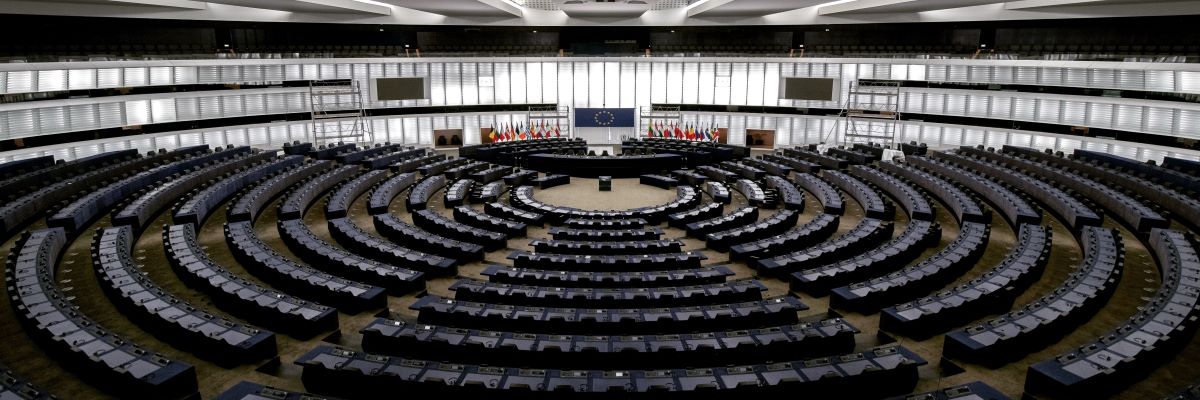
What is Good Policy?
PERITIA’s Cathrine Holst co-leads new GOODPOL project on Political Morality, Feasibility, and Democracy.
What should be the time limit for having an abortion? What is the best way to handle a pandemic, when weighing preventative measures up against children’s right to education?
These are some of the questions Cathrine Holst (PERITIA) and Jakob Elster asked when presenting their project: What is Good Policy? Political Morality, Feasibility, and Democracy (GOODPOL) at an opening ceremony at the University of Oslo (UiO).
Disagreement over policy is the normal state of politics. How we approach such disputes and which policy decisions we make are decisive for the distribution of benefits and burdens in society. GOODPOL gathers outstanding scholars from philosophy, sociology, law, political science and international relations at the Centre for Advanced Study at the Norwegian Academy of Science and Letters (CAS). They will raise and pursue crucial and critical questions about democracy, democratic processes and societies, and try to make political philosophy that is applicable and sensitive to democratic concerns, as well as policy assessments that are conceptually adequate and in proper touch with moral requirements.
At the opening ceremony, Åse Gornitzka, Vice-Rector at the University of Oslo, said that the researchers are ‘brave’ to ask the simple, but complex and crucial question: what is good policy?
Connecting political philosophy and empirical research
Holst said that it is both necessary and possible to connect political philosophy and empirical research when developing policies. Philosophers who suggest policies based on what decisions are fair, say, within taxes and integration, assume that the policies will be implemented in a way that give the wanted effect. Many factors can however hinder that, she explained:
‘People can lack motivation to act as planned, or lack organisation. Here, empirical research is useful because motivation and organisation can be methodologically examined.’
Some would argue that experts should make the political decisions, which would result in decisions based on facts, but the way of governance would be undemocratic, she continues.
‘We will critically examine sides of this debate and look at possible solutions that can minimize the conflict between democracy on the one side, and good policy and decisions on the other.’
Learn more
More detailed information on the project and its objectives can be found in this CAS article on the opening ceremony.
If you want to learn more about this and other initiatives concerning the relationship of policy, expertise, and trust, check out PERITIA’s resources page and have a look at our related projects.
Photo by Frederic Köberl on Unsplash


